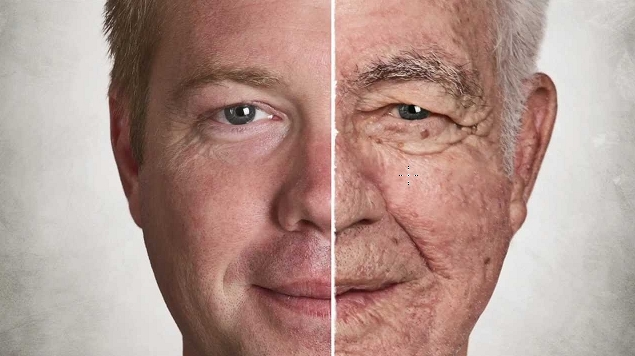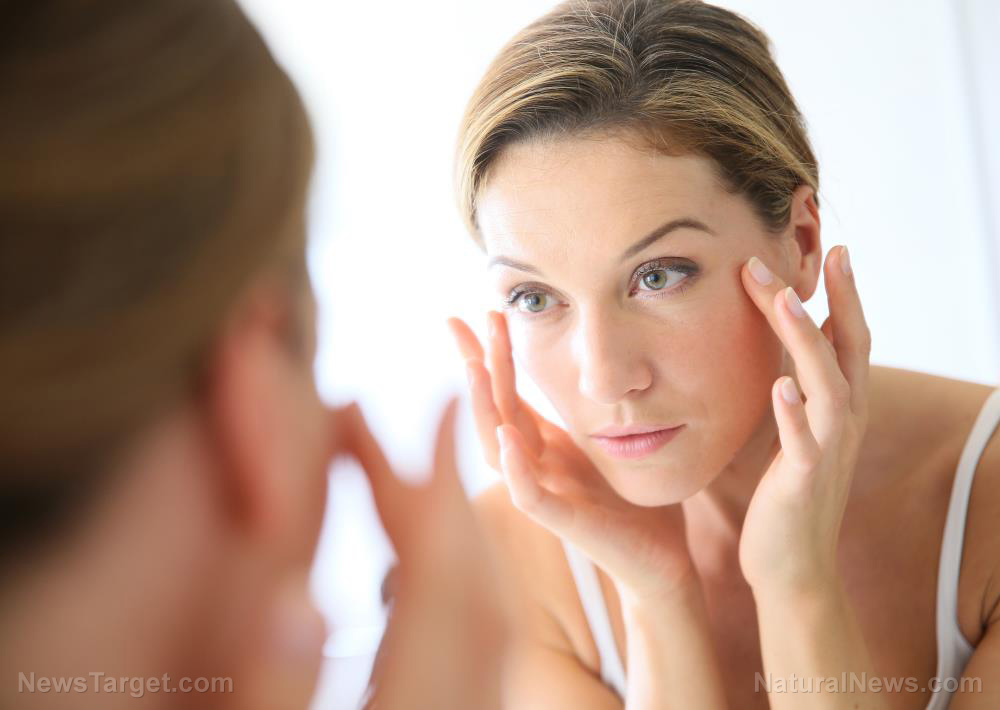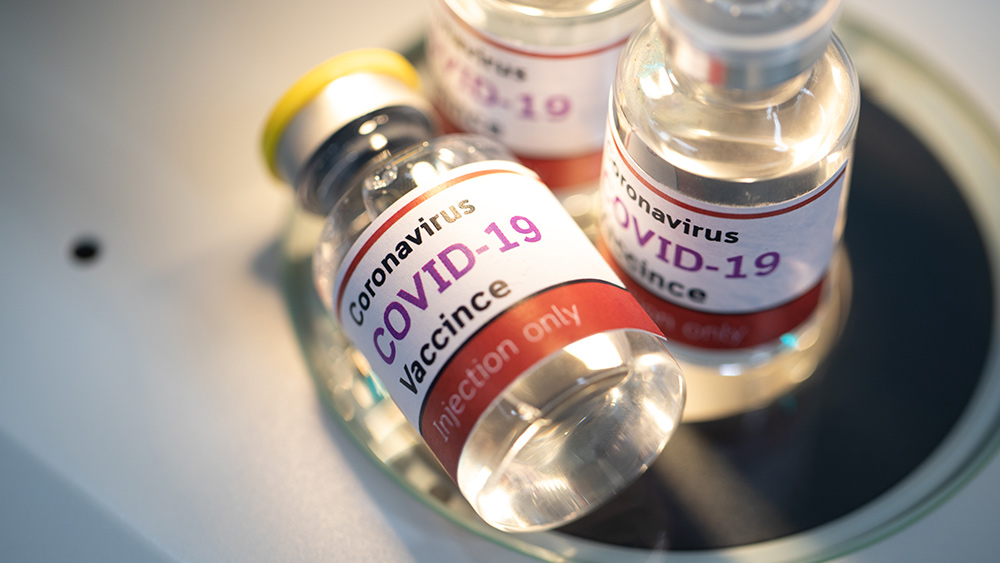
Recent research from Oregon State University (OSU) revealed that the damaging effects of exposure to blue light emanating from phones and computers worsen as a person ages.
Previous studies all over the world have proven that constant exposure to blue light is detrimental to health due to the advent of electronic devices that rely on light-emitting diode (LED) technology.
"LED lighting technology, even in the most developed countries, has not been used long enough to know its effects across the human lifespan," Jaga Giebultowicz, a researcher at the OSU College of Science said in a release.
According to Giebultowicz, there are increasing concerns that extended exposure to artificial light, especially blue-enriched LED light, may be detrimental to human health.
"While the full effect of blue light exposure across the lifespan are not yet known in humans, accelerated aging observed in a short-lived model organism should alert us to the potential of cellular damage by this stressor," she added
The study, published last week in Nature Partner Journals Aging, involved Drosophila melanogaster or the common fruit fly. The researchers use the model organism due to the similarity of its cellular and developmental mechanisms with humans and other animals.
They analyzed the survival rates of the flies that were kept in darkness and then moved at older ages to an environment of constant blue light from LEDs. The darkness-to-light transitions were done at the ages of two, 20, 40 and 60 days and they involved blue light's effect on the mitochondria of the flies' cells.
The study proved that flies had impaired locomotion because blue light damaged their retinal cells and brain neurons. The insects had decreased ability to climb the walls of their enclosure.
In earlier research, flies subjected to daily cycles of 12 hours in light and 12 hours in darkness had shorter lives compared to flies kept in total darkness or those kept in light with the blue wavelengths filtered out.
"The novel aspect of this new study is showing that chronic exposure to blue light can impair energy-producing pathways even in cells that are not specialized in sensing light.
We determined that specific reactions in mitochondria were dramatically reduced by blue light, while other reactions were decreased by age independent of blue light. You can think of it as blue light exposure, adding insult to injury in aging flies," Giebultowicz stated.
The researchers suggested that people should use eyeglasses with amber lenses as these filter out blue light and protect the retinas. (Related: Blue light found to accelerate aging and damage retinal cells.)
"You can also set your phones, laptops and other devices to block blue emissions," they added.
Blue light interferes with natural sleep cycles
Apart from the damage the blue light does to the retina and brain neurons, researches also show that devices emitting this could massively interfere with the natural sleep cycles.
The result of the National Sleep Foundation's "2022 Sleep in America Poll" revealed that more than half of Americans indulge in screen time within an hour before bed or even while in bed.
Minimize exposure to blue light by wearing blue light-blocking glasses when looking at screens at night. Being the primary light sensor, restricting the blue light coming into the eye is key. It is also helpful to install filters for phones, tablets and laptop devices to reduce blue and UV light exposure.
Better yet, stay away from the devices an hour before bedtime. Not sleeping beside gadgets could definitely help.
During bedtime, sleep with an eye mask and use energy-efficient light bulbs such as halogen lights or low-wattage red night lights. These induce a calm and relaxing sleep atmosphere and also protect the retina.
People who are constantly exposed to LED lights may also strengthen the eyes by consuming foods rich in carotenoids, a form of vitamin A. Carotenoids can be found in red, orange and yellow fruits and vegetables, as well as in dark, leafy greens.
Also, there are pieces of evidence that managing weight can be beneficial to eye health. Higher weight leads to higher diabetes risk, and high blood sugar levels can damage micro-vessels in the eye. Uncontrolled diabetes can lead to retinopathy and, potentially, blindness. Similarly, high blood pressure increases the risk of eye damage.
Visit EyeHealth.news for more articles on how to protect the eyes from LED or blue light.
Watch the video below about 5G blue light toxicity.
This video is from the DocOfDetox channel on Brighteon.com.
More related stories:
Exposure to blue light decreases blood pressure, new study suggests.
Sources include:
Please contact us for more information.




















